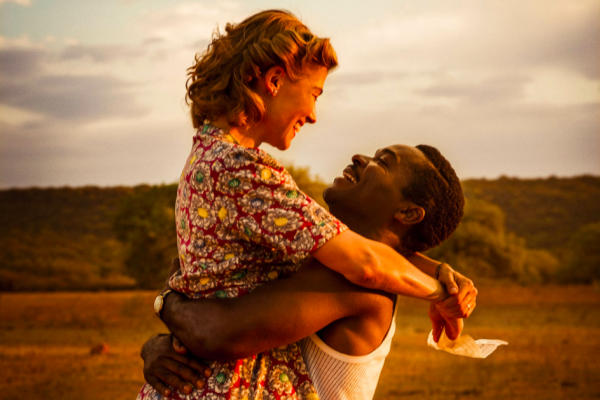Mar 8, 2017
Like Hidden Figures before it, the post-World War II historical drama A United Kingdom is a great and worthy story, told poorly. The real-life account of the marriage between Londoner Ruth Williams (Rosamund Pike) and Seretse Khama (David Oyelowo), the ruler of Beuchanaland (now Botswana), is an incredible story about an interracial relationship with world-changing political implications. Unfortunately, the film does its subjects little credit, suffering from directing and writing choices that keep it from achieving its potential.
Read the Full Article

Already a subscriber? Login
